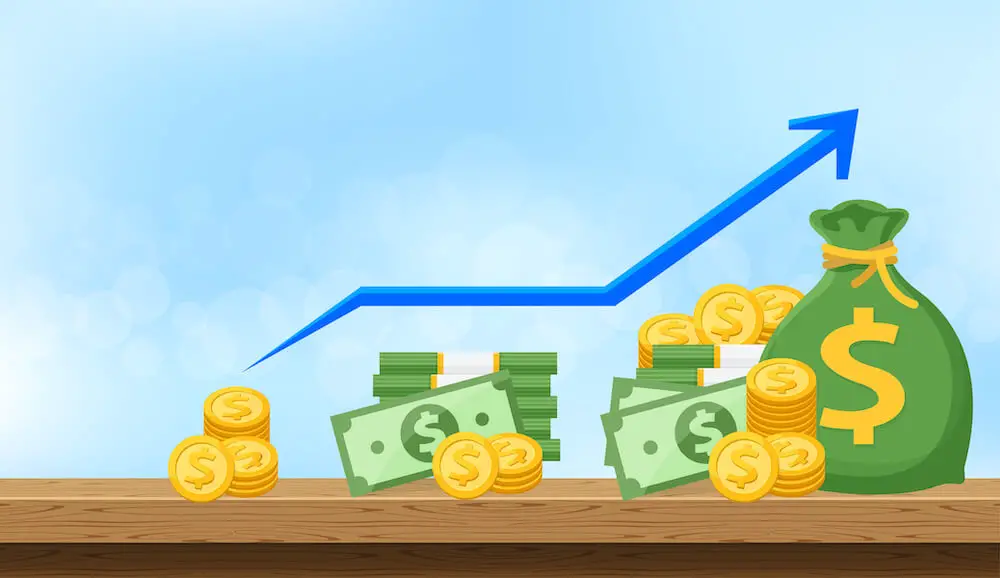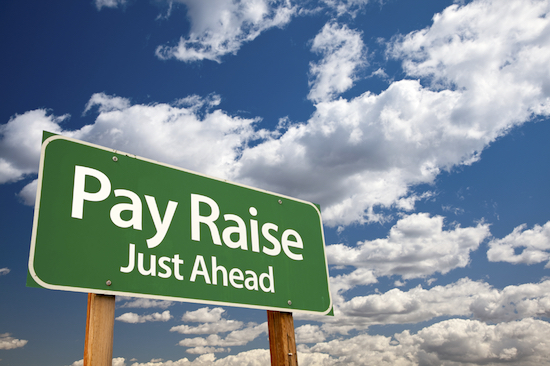President Biden wants to give federal employees a 5.2% pay raise next year. That is the proposed amount of the 2024 federal pay raise outlined in the 2024 White House budget proposal unveiled this week.
The proposed 5.2% pay raise is the amount that was expected to be put forth by the president based on earlier reports.
A statement in the budget reads, “The Budget provides an average pay increase of 5.2 percent for civilian and military personnel—and answers the President’s call for agencies to lead by example in supporting Federal worker organizing and collective bargaining.”
The 5.2% figure is an average raise, meaning that if that is the final figure to be enacted, some federal employees would get more than this and some would get less. The federal pay raise typically includes one amount for an across the board pay raise and another amount allocated towards locality pay. Because locality pay rates vary by region, the final amount of the pay raise is different when locality pay is applied. In 2023 for instance, the pay raise was a base pay increase of 4.1% and an average increase to locality pay 0f 0.5%. This resulted in an overall average 2023 federal pay raise of 4.6%.
Does This Mean the 2024 Federal Pay Raise Will Be 5.2%?
Not necessarily. In recent years, the amount of the federal pay raise proposed by the White House has ended up being the final figure, but it is determined by a lengthy political process that involves both Congress and the president.
In some years, Congress will pass annual federal pay rate adjustments in an appropriations bill. When this occurs, it is usually done in the Financial Services and General Government appropriations bill.
While this often happens, there is no legal requirement that a federal employee pay raise be addressed or considered by Congress. In many years, Congress does not pass legislation on the subject.
The president can, and often does, recommend a pay raise figure per the alternative pay plan. This is typically done late in the year, usually in August. It is often the same amount as what is recommended in the White House budget proposal released earlier in the year.
Of course, if Congress does not like the amount of the raise in the alternative pay plan, it can still pass new legislation determining the final amount. This is most likely to happen during an election year. With an election coming up, the thought process is likely to be that giving a raise could increase the changes of candidates running for office getting more votes from their constituents by giving them more money.
For the 2024 federal pay raise, Congress has already introduced legislation to set next year’s pay raise for federal employees at 8.7%, the same amount as the 2023 COLA. This bill is the FAIR Act, legislation that is introduced annually by Senator Brian Schatz (D-HI) and Congressman Gerry Connolly (D-VA). To date, these bills have never been passed into law.
After this political process has played out fully, the president issues an executive order in December setting the amount of the annual federal pay raise by locality for the next year. The Office of Personnel Management (OPM) calculates the amount of the annual salary for every locality, grade, and step for the next year and publishes the pay tables shortly after the executive order is issued.
What Impact Does Inflation Have on the 2024 Federal Pay Raise?
Inflation has climbed rapidly over the last couple of years, and one of the most frequent complaints raised by FedSmith readers is that the recent pay raises do not keep up with inflation.
It is important to note, however, that inflation is technically not a factor in determining the annual federal pay raise. Unlike the annual cost of living adjustment (COLA) for federal retirees, the pay raise for current federal employees determined by politics, so political considerations such as inflation could play a role in determining the annual pay raise, at least indirectly. Lawmakers hoping to curry the favor of voters may cite rising inflation as a need to give more money to federal employees by dangling the prospect of higher pay raises.
As bad as inflation has been lately, it was running even higher during the Carter administration. Pay raises for the federal workforce were generally higher then also. The federal government has since changed the way it calculates inflation, so today’s inflation rates are likely higher than what the government is reporting.




